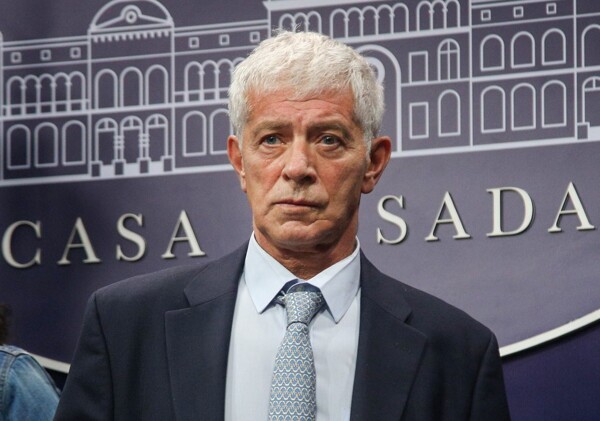The year 2024 has been a period marked by uncertainty for many, according to a wide supporter of the government of Cristina Kirchner and Alberto Fernández. This year was characterized by the emergence of Javier Milei, who promoted the idea of not spending more than what one can, challenging the deficit trend endorsed by the government.
In the midst of this scenario of changes, Javier Milei has stood out for his focus on economic stability, questioning shady dealings and marking a new dynamic in Argentine political life. His stance has generated repercussions in various sectors, including the academic and social realms.
One of the important points of this period was the relationship between Milei and Mauricio Macri, former president and leader of the PRO, a party that played a significant role in the last elections. Macri, initially reluctant, was forced to acknowledge the impact that Milei had on the electoral outcome, changing the political dynamic in the Federal Capital and nationally.
The arrival of Milei to the political scene has generated tensions and reconfigurations in different centers of power. His challenging stance has led to rethinking and readjustments in various parties, such as the PRO and the government of Alberto Fernández.
In this context of change and adaptation, new political and strategic challenges loom for all involved actors. The definition of alliances and electoral strategies becomes crucial in a scenario where Milei's figure gains increasing relevance and challenges traditional conceptions of Argentine politics.













